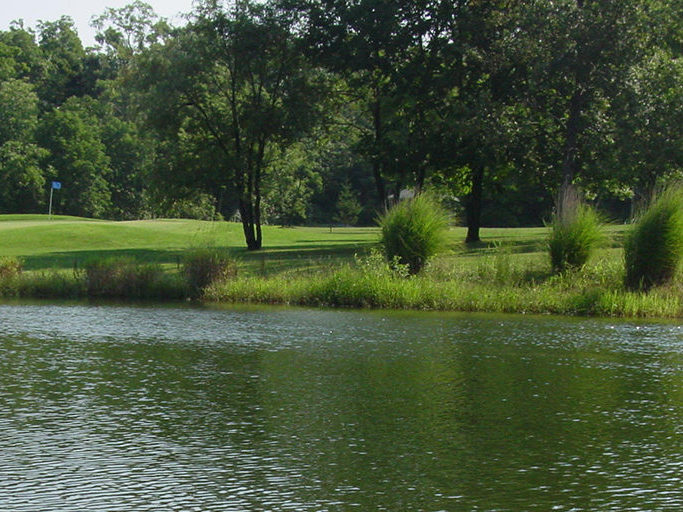
There’s no bigger threat to a pond’s health and its natural beauty than garbage. Human trash is known to accumulate in many ponds and other water bodies across the mid-Atlantic region.
Why is Trash an Issue for Ponds?
Trash will clog the flow of water moving into and out of ponds. This is often the cause of many flooding issues when dense groups of garbage block the drains and redirection routes that the water travels through. Instead, pond water will spill across the grass or into the streets.
Some trash items infuse unwanted nutrients or contaminants into the water. The pollutants can harm or even kill fish and waterfowl and cause many other problems. A high concentration of organic waste can create significant algae growth, which can only be curbed with algae control methods.
In extreme cases, trash can become such a problem for the water that it’s deemed unsafe. Nobody prefers spending the time and cost to drain a pond and clean up the garbage.
How Does Trash Usually Enter the Pond?
There are several prevalent sources of trash pollution around ponds:
- In some cases, there are no trash receptacles located close to the pond. In this scenario, pedestrians tend to leave their trash behind on a bench or on the ground instead of transporting it home for disposal.
- There are also some careless or malicious people who intentionally toss or dump their garbage into a pond or other body of water, hoping their trash will be washed away. Unfortunately, the trash usually gets stuck and ends up plaguing the pond and its inhabitants for a long period of time.
- Trash tends to affect more ponds that are located in developed areas. Many homeowners associations are developed with ponds built into the landscape. The ponds provide stormwater retention before sending the water downstream.
- As part of the stormwater management, inlets are placed in streets and along sidewalks throughout many communities. All the water from the community is funneled directly to the pond. In the process, debris and trash are carried through storm drains into the culverts and deposited in the pond. Not to mention, when there are large storm events, trash can flow from upstream water sources.
- Some pond owners also place trash receptacles in close proximity to the pond for convenient waste disposal. However, these containers are not regularly emptied and often do not have a lid. On a day with high winds, the trash will easily blow out of the receptacle and into the pond.
- On a community’s trash day, homeowners and businesses place their receptacles out in the street for pick-up. Wind and rain can easily carry away any unsecured trash.
What Types of Trash Are Found in Ponds?
Plastic Bags and Containers
Plastic products are everywhere these days and don’t break down easily, making them one of the biggest components of pond trash. Water bottles and other plastic drinking containers tend to float, so they are often transported easily in flowing water and high winds. Plastic grocery bags and other small plastic wrappers also tend to be transported into ponds.
Plastic dog-waste bags are also a contributor to pond trash. These bags often blow out of their dispensers and onto the street and into ponds. In addition, when dog owners don’t place the filled bags into the proper trash receptacles, the waste can find its way to the pond.
Newspapers and Paper Products
Newspapers seem to show up quite a bit in ponds as well. The papers that are left on the doorsteps of homes are often washed from the street during storm events. The same goes for letters and magazines that blow away.
Other Sources of Refuse
Here is a list of other waste items commonly found in ponds:
- athletic balls
- fertilizer bags
- construction debris
- packaging materials
- fishing line
- soda cans
Stopping the Problem of Pond Waste
It’s understandable that some amount of unintentional trash will enter ponds. However, if more care is taken to secure trash, the amount that ends up in ponds can be significantly reduced. It helps to remind the community members who use the pond to watch their garbage carefully, such as posting signs or distributing flyers.
Whether or not your pond faces regular trash troubles, routine water maintenance is critical. Water quality testing helps monitor the pond for contaminants introduced from waste.
Aquatic Environment Consultants Manages Ponds and Lakes of All Sizes
With over a century of combined experience in professional water management, AEC is the group of experts you can rely on with comprehensive services, including water restoration. We specialize in customized assessments suited for your property and budget. Contact us today to schedule a consultation with our team.
